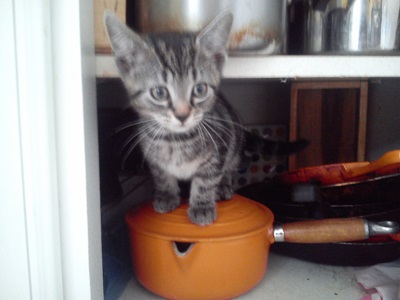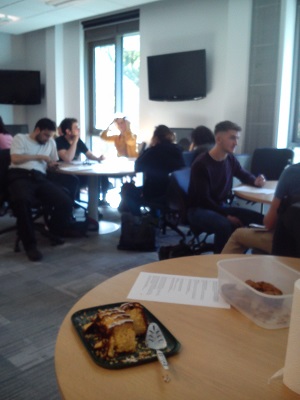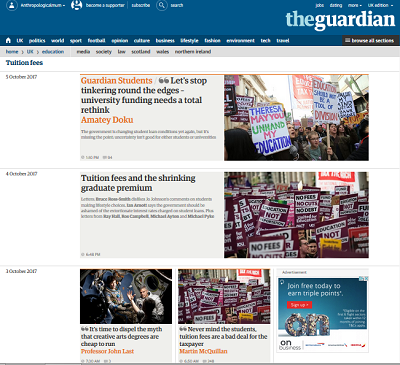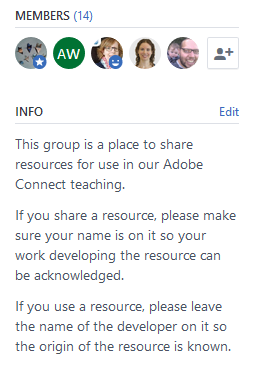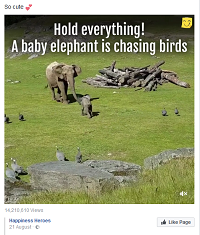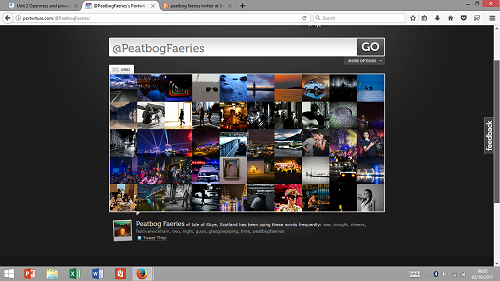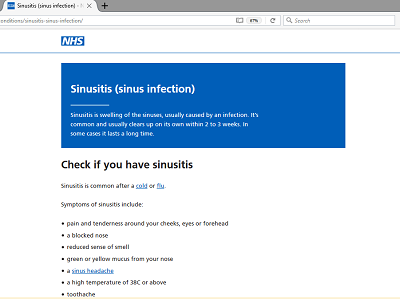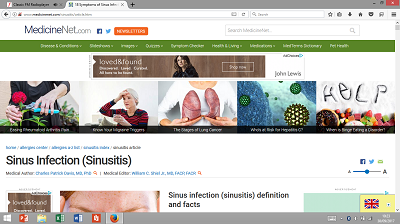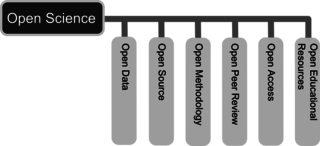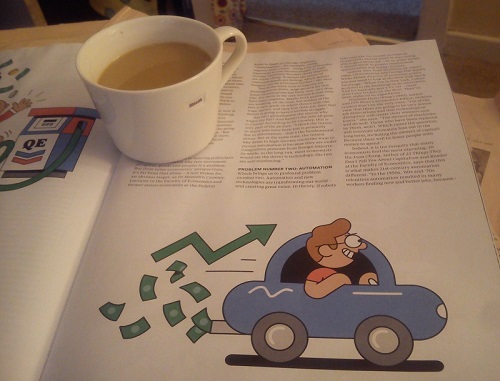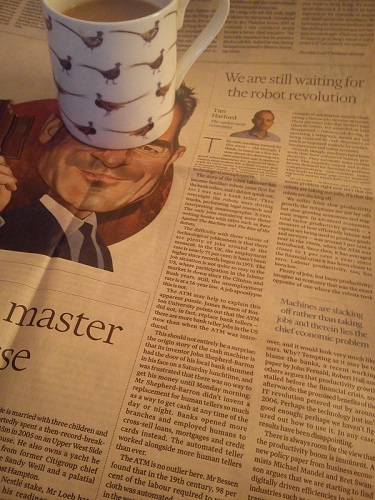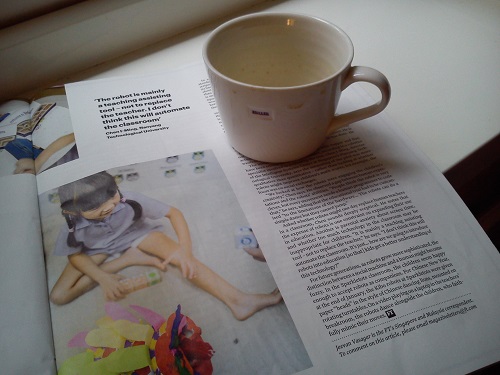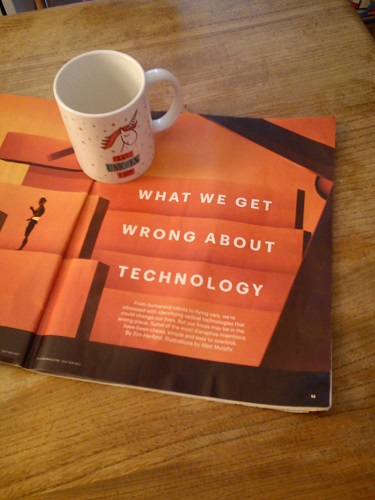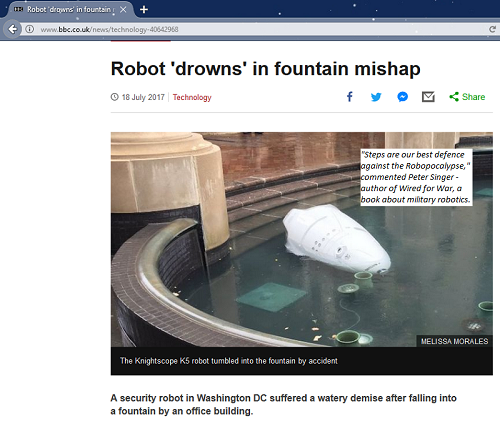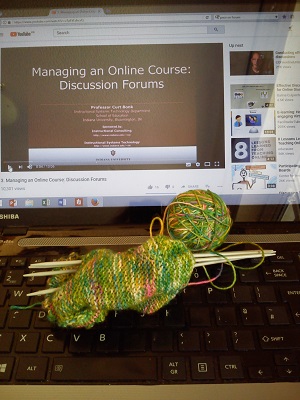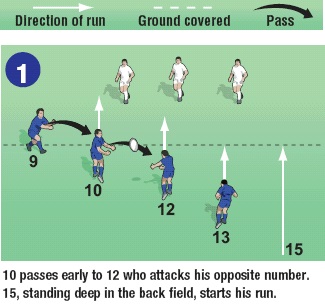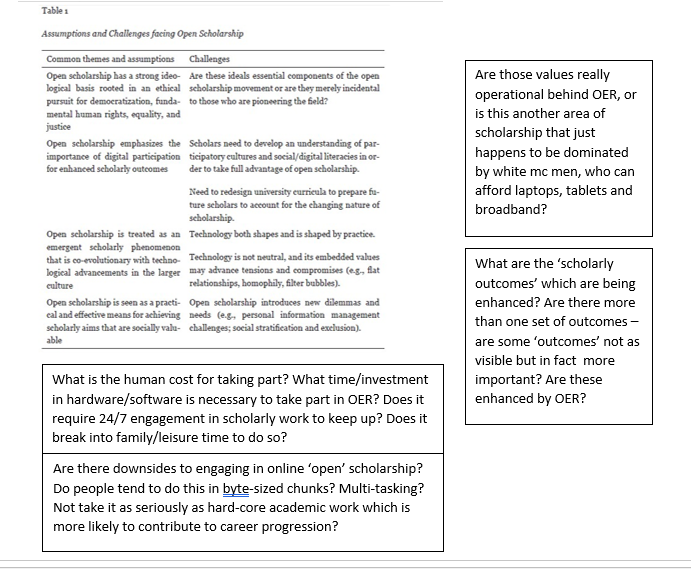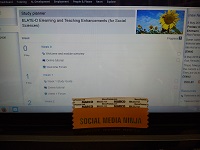For my second 'open' term, I picked out 'open peer review'. (This term was not in the module Wordle; it was in the material about Open Science on Wikipedia - it was on the e(LATE)D course that I learnt the tip of going online to search for something, picking up something-else and following that, and so on - like a breadcrumb trail.)
I deliberately avoided the Wikipedia entry at first, and went for the second entry which is an organisation called
Open Scholar. Guess what! they have a Wordle too


I know, however, that how you get to the top of search engines is not a transparent process - this is part of the reason I use DuckDuckGo rather than a more commercial search engine like Google, although I often resort to Google as well because it is undeniably efficient. I therefore checked up the Wikipedia entry to see if Open Scholar are the main spokesperson(s) for this initiative. What I found there was reference to material about open peer review offering several definitions of the term, from a European organisation
openAIRE, with a well-populated
blog. Clearly there is lots going on and at least two groups have formed to develop what they see as their own vision of an open peer review.
openAIRE are coy about who exactly the '50 partners' in their project are, so I don't know who is involved; they are funded by the European Commission. Open Scholar have a UK URL, with scholars from Greece and Ireland and Norway on the working team. Their working team of seven appear to be all white men although their members look more diverse.
The activity looks like it's happening in Europe, but this may be because I am based in the UK and the search engine recognises that. A search for 'open peer review USA' throws up a couple of articles but not any organisation in the States. (Unlike the European material, the US articles are dotted with advertising.)
The apparent drivers and motivators for calls for peer review to be open are mainly the opportunity. Publishing online means there isn't the same stranglehold control over academic writing which paper journals had. There has for a long time been dissatisfaction with the 'blind' peer review system, and having personally suffered from it, I am all for it being changed.
Open Scholar have one particular kind of 'open peer review' in mind, which they seek to foster through their own multidisciplinary open journal of science. openAIRE publish this blogpost in which they seek to identify the different kinds of 'open peer review'. This does not necessarily mean online peer review, this could just be a review where the reviewer names themself rather than anonymously comments.
TBH, it's not very clear to me how open peer review might connect now, or in the future, with learning and teaching activity. The issue of peer review is crucially important to research rather than teaching. I had already thought of it as something which open science would need to consider. The difficulty with publishing information widely and freely is that there can be such a lot of it, and nobody can be sure if it is reliable.
In the OU, we have a nice mnemonic called PROMPT which the library encourages us to use to determine whether research is reliable. The second 'P' is for 'provenance' - who was it who published the thing? Lay persons often suppose that a published book will be the most valued scholarly product, and are amazed to hear it is the much shorter journal article. This is because the journal article will have been read by two, three or even more peers - who reviewed it and said it was of sufficient scientific merit to be published.
That is the academic scandal of the MMR Vaccine story (when research apparently linking the triple vaccine to autism led to a mass of parents refusing it for their children, and a sudden spike in measles in the UK) - that Andrew Wakefield et al's paper was published by the Lancet in spite of these supposed precautions - and let's note too that in common with hard science practice, there were twelve (12) other scientist-authors who had supposedly produced that article and should at least have read it before putting their names to it.
So we can already see that the 'blind' peer review process is not efficient at filtering out poor research. My story shows the other side - how it can block publication.
A few years ago, I wrote up an article for a special issue, about a highly relevant project on which I had been the Research Fellow. As an early career scholar, I was very keen to start publishing and since the journal particularly asked for contributions in a further topic area which my research was based in, I was hopeful of my article being accepted. I did, however, ask that the article not be sent to the one other person in the UK who had done research in that field, on the grounds that he had been the Principal Investigator for the project I was writing about, so was too closely associated with it to comment without bias. I didn't add that he had bullied me mercilessly and hated my guts! as I felt this wasn't an academic argument. Unfortunately the editors didn't read my note, sent him the article and he promptly accused me of plagiarism. (I only found this out because the guy who did the investigation bumped into me at a memormial event and told me about it!)
I was of course cleared of the plagiarism accusation - not that I was even supposed to know about it, but the editors of the journal then sent my article to three specialists in community safety  - I dunno; frankly I see that as prejudiced - the article was not about security issues at all, it was about family and kinship
- I dunno; frankly I see that as prejudiced - the article was not about security issues at all, it was about family and kinship 
I would really have liked to have named a couple of specialist thinkers in family and kinship studies - especially since my article was partly based in anthropological rather than sociological thinking about kinship. Even if they had said the writing was poor, they would have given me good feedback in my own area of work - rather than the useless feedback I got which was all about how I hadn't covered issues of community safety in my article (because that wasn't what it was about!  )
)
The article was turned down and has lain dormant on my C drive ever since. Perhaps I will dig it out and offer it to the Open Society journal - once I have got over this sinus infection, fed the cats, been the farmers' market for fresh food for the family, bought and delivered a couple of ready meals to my elderly friend who is housebound, sorted out my students' tutorials and done another thing (which I might write a blogpost about since it is a great case study for the open/closed debate).
On a more positive note, a couple of years later I did get an article published out of my PhD material. The journal editors were friends of mine  , so I was able to make sure the article got sent to someone appropriate. I had fantastic feedback which drew my attention to some great material in the field which I could use to re-draft the article. I don't know who that good reviewer was, I wish I did so I could thank them.
, so I was able to make sure the article got sent to someone appropriate. I had fantastic feedback which drew my attention to some great material in the field which I could use to re-draft the article. I don't know who that good reviewer was, I wish I did so I could thank them.
The closed journal article publishing world is all very Bourdieu! and four forms of capital, I think that is probably material for another blogpost 
.
